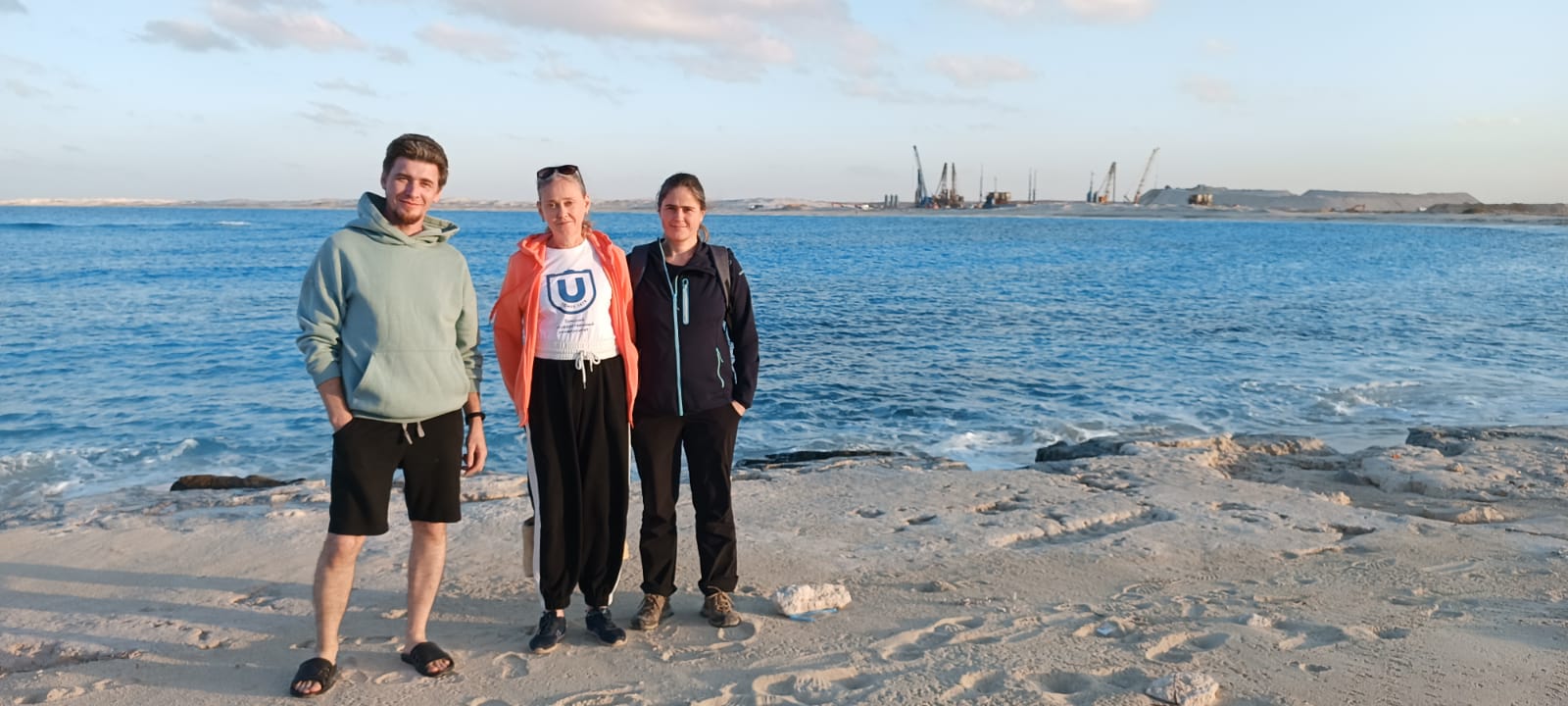“Marine ecosystems are very sensitive to environmental changes — temperature, pollution, etc., so they are relevant bioindicators,” explained Anastasia Simakova, head of the monitoring team and head of the Department of Invertebrate Zoology at the TSU Biological Institute. “We will assess the condition of mollusks, crustaceans, worms, ichthyofauna, and algae in the Mediterranean Sea, which is near the construction zone.”

The starting point for the comparative analysis was the results of engineering and environmental surveys conducted by TSU biologists in 2017 before the nuclear power plant (NPP) construction was started. The group, which included hydrobiologists, ichthyologists, zoological specialists, radiophysicists, and divers, did a great deal of work: assessment of benthos, hydrobionts, aquatic vegetation and determining relative abundance, wintering, feeding, spawning places, migration routes, and other data to forecast changes in population condition of commercial, rare, and endangered species of plants and animals as a result of the construction of industrial facilities.
Thanks to their high professionalism, TSU biologists are the first and only group commissioned by the Egyptian side to monitor El Dabaa and contribute to ensuring environmental safety at the site. The scientists' information contributes to the relevant services to monitor marine ecosystems and assess damage during construction. In case of any signs of undesirable anthropogenic impact, the data provided by biologists will allow them to react quickly and accurately.
The TSU scientists collaborate with the National Institute of Oceanology and Fisheries (Alexandria), which provides some of the samples for research. All samples are delivered to the TSU laboratories after selection and sorting in Egypt, and then they are analyzed in Tomsk. Participation in the large international project is not only a proof of high level of expertise, but also a contribution to TSU’s worldwide scientific and educational recognition.